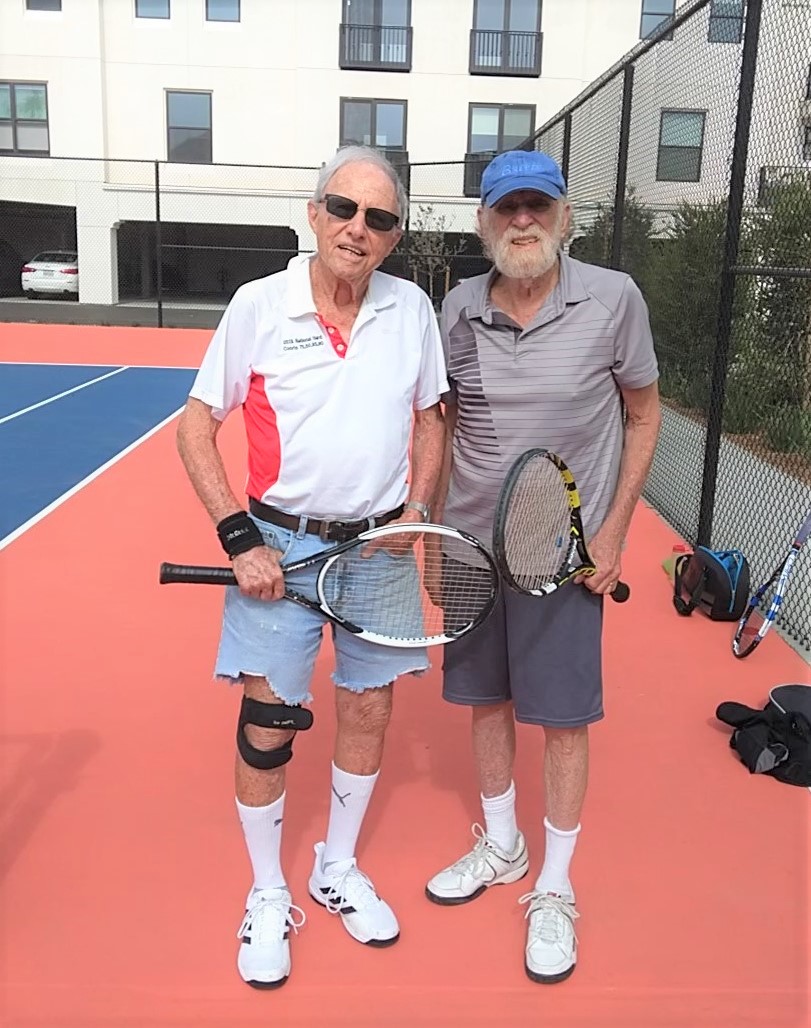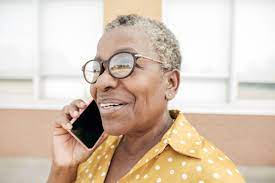by Carol Leish
By being aware of different types of fraud/crimes occurring, you will become more aware of how to stop them/avoid them from happening. With knowledge, you will gain the power of ways to better cope and stop the fraud/crimes from happening to you and/or to your friends/loved ones.
According to, Debbie Deem, a retired victim’s specialist for the FBI, there are different types of fraud/crimes to be aware of in order to be able to stop/avoid them from happening.
Deem said that, “According to the FBI, romance imposter crimes occur when a criminal adopts a fake online identity to gain a victim’s affection and trust. The remote criminal than uses the illusion of a romantic or other close relationship to manipulate and/or steal from the victim. These criminals’ frequent social media sites, dating and word game sites, among others. Often the images sent to a victim are taken from an innocent victim who may not know their image is being used to defraud victims and break their hearts.”
“The FBI has information, helpful tips, and videos that describe these crimes in more detail,” according to Deem. “Go to: http://www.fbi.gov/scams-and-safety/common-scams-and-crimes/romance-scams.”
“Lottery and sweepstakes fraud,” according to Deem, “have been around for many years. According to AARP, the initial contact is usually a phone call, but may also be a social media post, an email, text or even direct mail offering congratulations for winning a prize or contest. But, before you can obtain your winnings (and usually a Mercedes car in addition to the prize money), there will be various fees, taxes, courier fees, insurance and custom duties to pay before you can obtain your prize winnings. These frauds may ask for cash, to send counterfeit checks, or to demand payments in gift cards or increasingly virtual currencies using special ‘ATM’s’ specifically for cryptocurrency payments.
“It’s important to know that, according to federal law, you never have to pay taxes or fees in advance of winning a prize or money. It is also illegal to participate in a foreign lottery or sweepstake. Beware of calling or taking calls from an unknown person using the Caribbean area codes of 876, 809 or 284 that suggest you have won money. If you get a call like this, just hang up.
“For more information on lottery and sweepstakes fraud, link to: https://www.aarp.org/money/scams-fraud/info-2019/sweepstakes.html.”
“The Federal Trade Commission (FTC),” according to Deem, “says that Tech support or computer repair fraud/crimes can involve one of the following things. 1) You may get a pop up on your computer screen that looks like an error message or warning that urges you to contact a ‘toll free’ number immediately because a virus or suspicious activity was found on your computer. 2) You may also be getting a phone call from someone claiming to be a computer technician from a company such as Apple or Microsoft, saying there is a problem with your computer, asking for remote computer access to run a diagnostic test. In each of these cases, you are asked to fix a problem that doesn’t exist for a fee. Or, it may result in them putting a virus or accessing personal financial information, such as your banking information.
“The FTC has very useful information on what to do to both avoid tech support fraud, as well as what to do if you are a victim. Remember that legitimate companies won’t be contacting you by phone, email, text or via a popup message. Get more information at: https://ww.consumer.ftc.gov/articles/how-spot-avoid-and-report-tech-support-scams.”
Thus, by being aware of the above types of senior fraud/crimes, you now have the tools to be able to stop/avoid it from happening.




